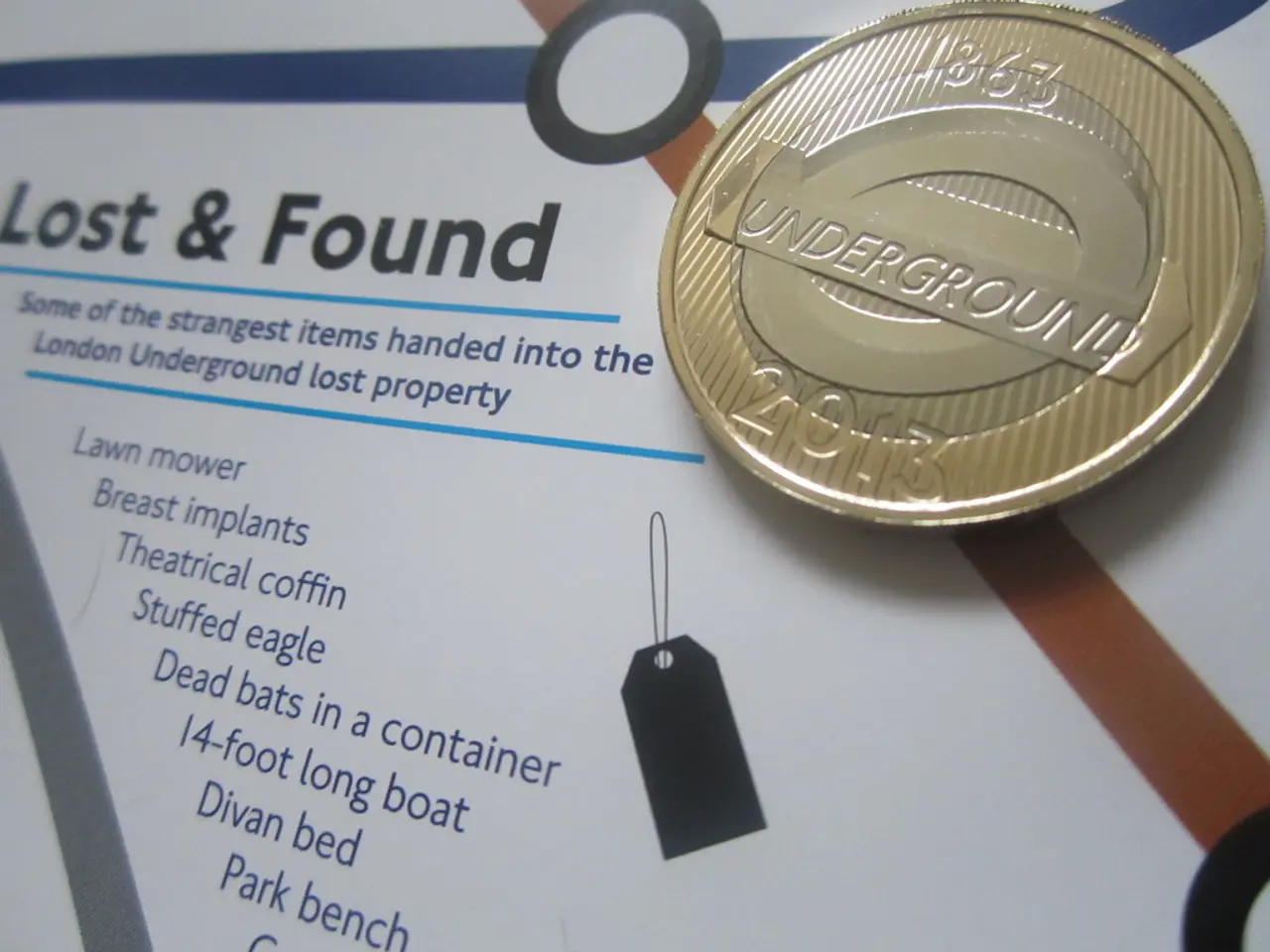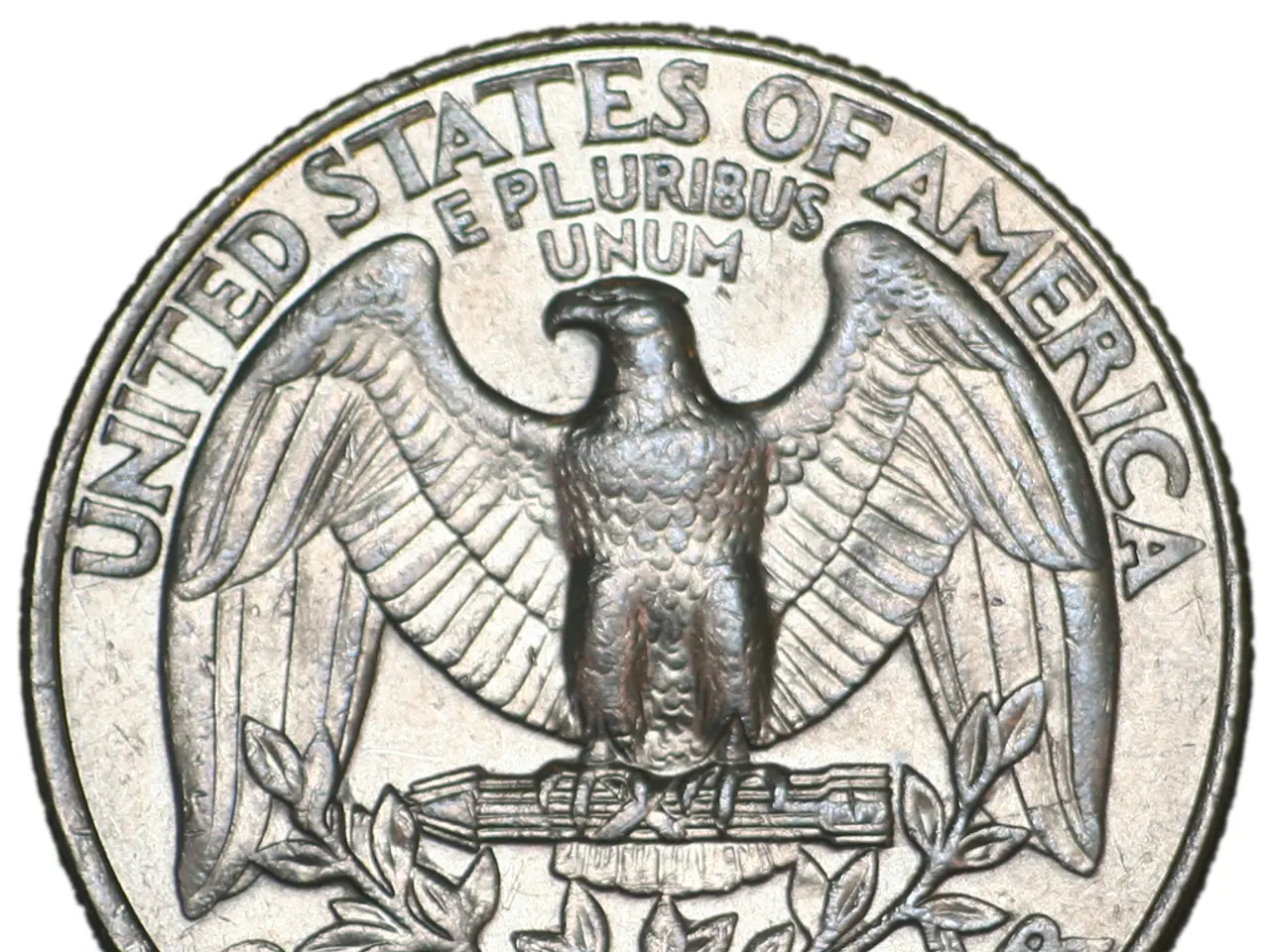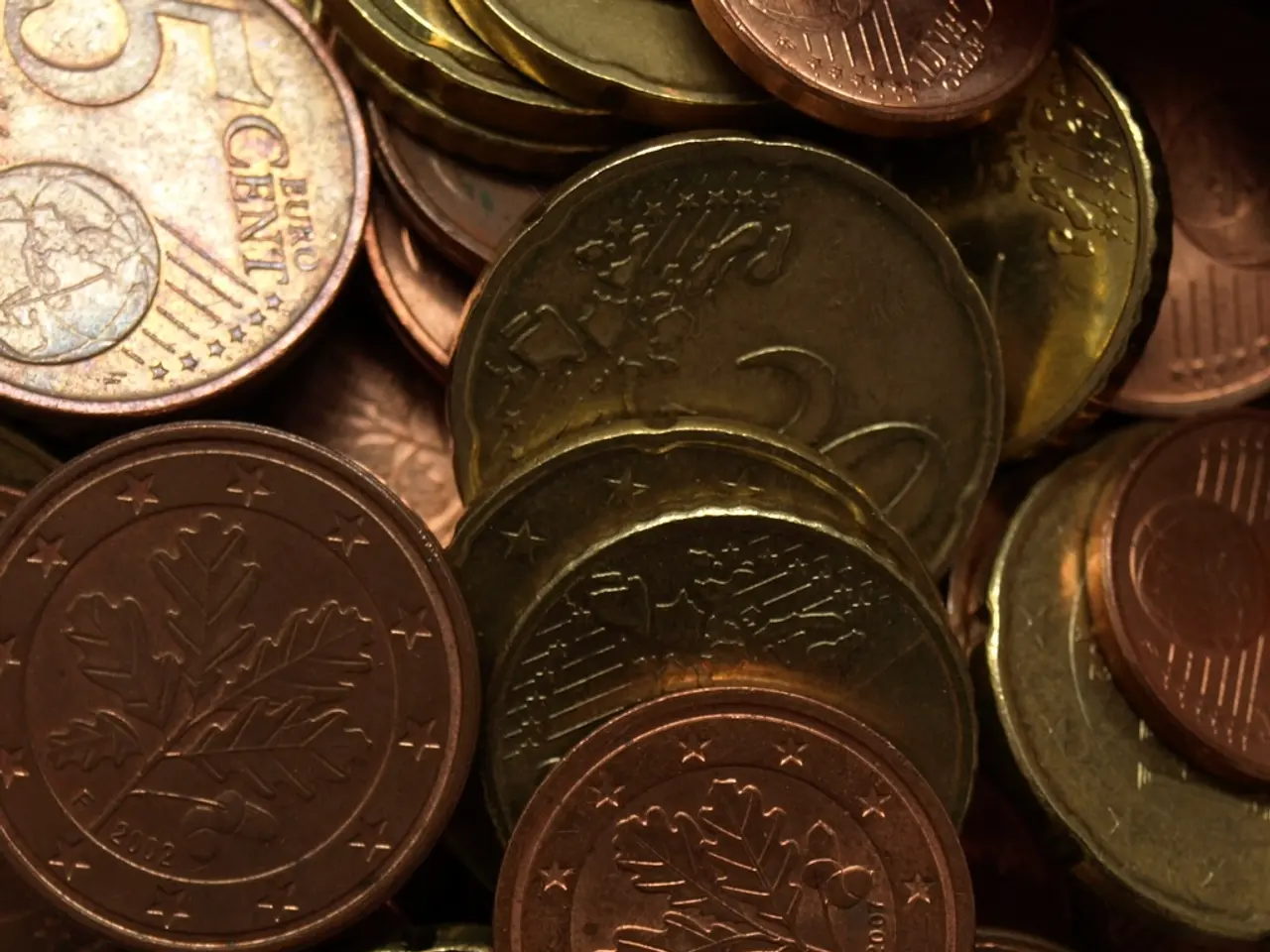Russian Government Sets Out Cryptocurrency Regulations: Anonymity Not Guaranteed, Ban Averted
In a bid to control and regulate the cryptocurrency market, the Russian government has taken several significant steps. The Ministry of Finance has proposed that all cryptocurrency transactions be conducted through Russian banks, a move aimed at increasing oversight and preventing illicit activities.
President Vladimir Putin has shown a keen interest in the subject, asking the government and the Bank of Russia to reach a consensus on cryptocurrencies and report on the results of their discussions. The proposed regulations are part of a broader push to establish a more comprehensive regulatory framework for digital assets.
Russian citizens are expected to go through identification and open a wallet in a bank to carry out cryptocurrency operations within the legislation. This requirement is designed to prevent anonymous transactions and enhance the government's ability to track and control cryptocurrency payments.
The recent geopolitical tensions in Russia and Ukraine have had an impact on the cryptocurrency market. When President Putin announced a "military operation" in Ukraine, cryptocurrencies experienced a 10% drop, but the market recovered the next day.
Foreign cryptocurrency exchanges can operate in Russia, but they must open an official representative office in the country. This condition is intended to ensure that foreign exchanges comply with Russian laws and regulations.
The Russian Finance Ministry has published a new draft law, "On Digital Financial Assets," which aims to regulate cryptocurrencies and Initial Coin Offerings (ICOs). The law also proposes that all cryptocurrency trading be done only through exchanges registered in Russia.
In addition, the Russian government has approved a concept for the regulation of cryptocurrencies, and the Transparent Blockchain service, proposed by Rosfinmonitoring in the summer of 2020, will be used to control and track cryptocurrency payments.
As of mid-2025, Russia has not fully legalized or established comprehensive regulation of cryptocurrencies for domestic payments. However, it is actively regulating aspects of the crypto sector, particularly mining and cross-border usage.
On June 11, 2025, Russia's Ministry of Digital Development introduced a draft regulation targeting illegal cryptocurrency mining. The law mandates registration of mining operations, requires reporting of mining details, and imposes strict fines for non-compliance.
Russia continues to restrict cryptocurrency use as a legal means of payment domestically, with the only legal tender remaining the Russian ruble. An "experimental legal regime" was introduced in August 2024 for limited use of cryptocurrencies strictly under government oversight in cross-border payments. Use of cryptocurrencies outside this regime remains illegal.
The Russian government and Central Bank are focusing on the rollout of the digital ruble, a central bank digital currency (CBDC), which is planned for full deployment by September 2026. The digital ruble aims to integrate into the financial system alongside cash and traditional payments and may facilitate sanctioned trade bypass.
Experts in the cryptocurrency industry support the government's steps, stating that it is unlikely to completely ban digital money in Russia. With proper regulation, they believe that the country can become one of the largest players in the new economy.
Deputy Prime Minister Dmitry Chernyshenko has shared plans to regulate cryptocurrency transactions, which aligns with the vision of the Ministry of Finance and includes user identification. The Finance Ministry and the Bank of Russia have been instructed to submit a draft federal law to the government by February 18.
Control over the cryptocurrency market will be shared among the Central Bank, the Ministry of Finance, Rosfinmonitoring, the Federal Tax Service, the Ministry of Digital Development, and the Prosecutor General's Office. The Ministry of Finance also plans to establish the identity of cryptocurrency wallet owners and categorize them as qualified or unqualified investors.
In summary, while Russia has taken steps to regulate crypto mining tightly and established a limited legal framework for cross-border crypto payments under strict controls, it has not fully legalized cryptocurrencies as a means of payment within the country. Broad regulatory bills concerning cryptocurrencies are still under development, with heavy emphasis on controlling illicit activities and promoting the digital ruble as the official digital currency.
- The Russian government, in its efforts to establish a more comprehensive regulatory framework for digital assets, has proposed that all cryptocurrency investments be channeled through Russian banks, aiming to boost oversight and curb illegal activities.
- As part of the proposed regulations, the Russian Finance Ministry plans to categorize cryptocurrency wallet owners as qualified or unqualified investors, possibly indicating a move towards controlled investing in the digital asset space.







